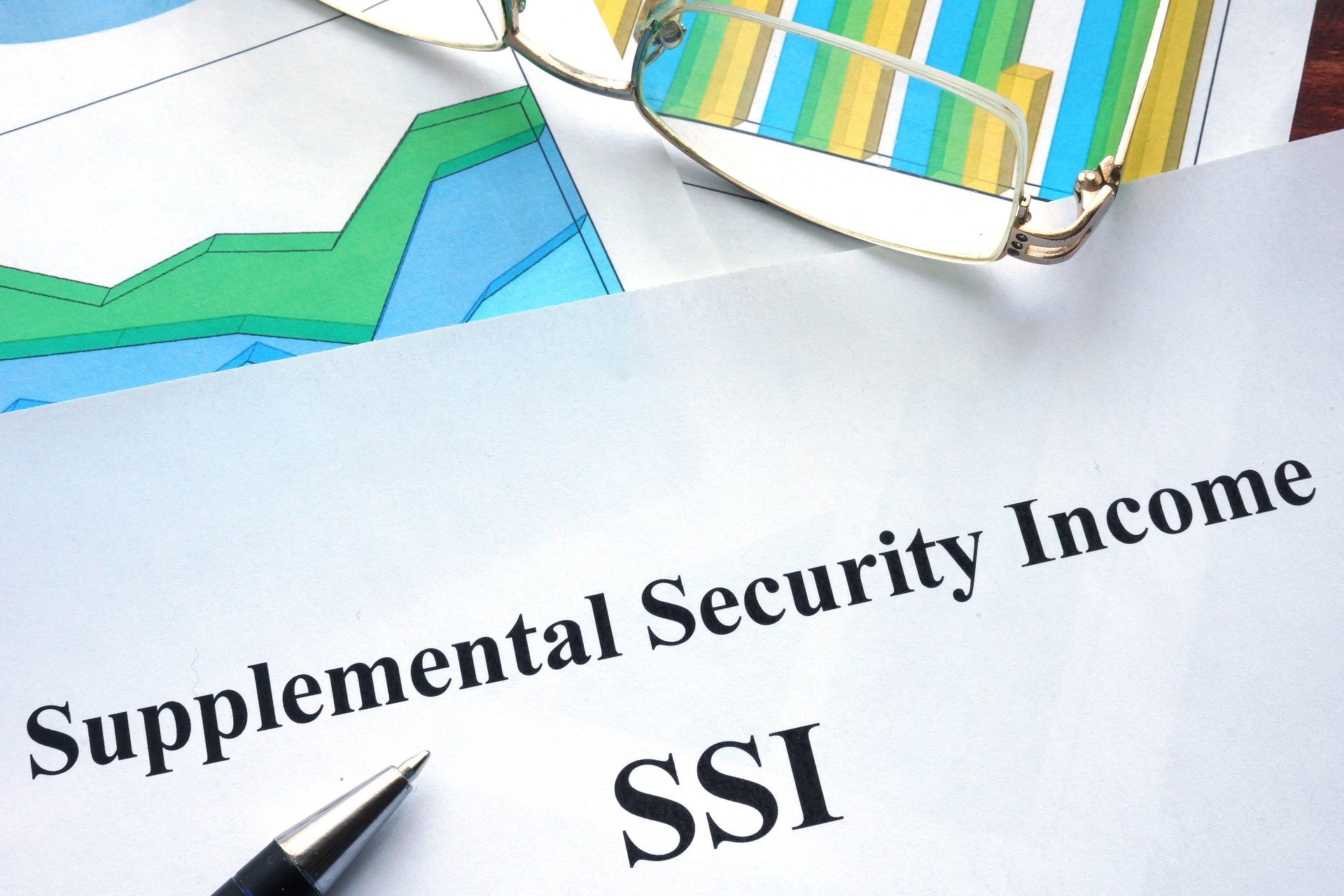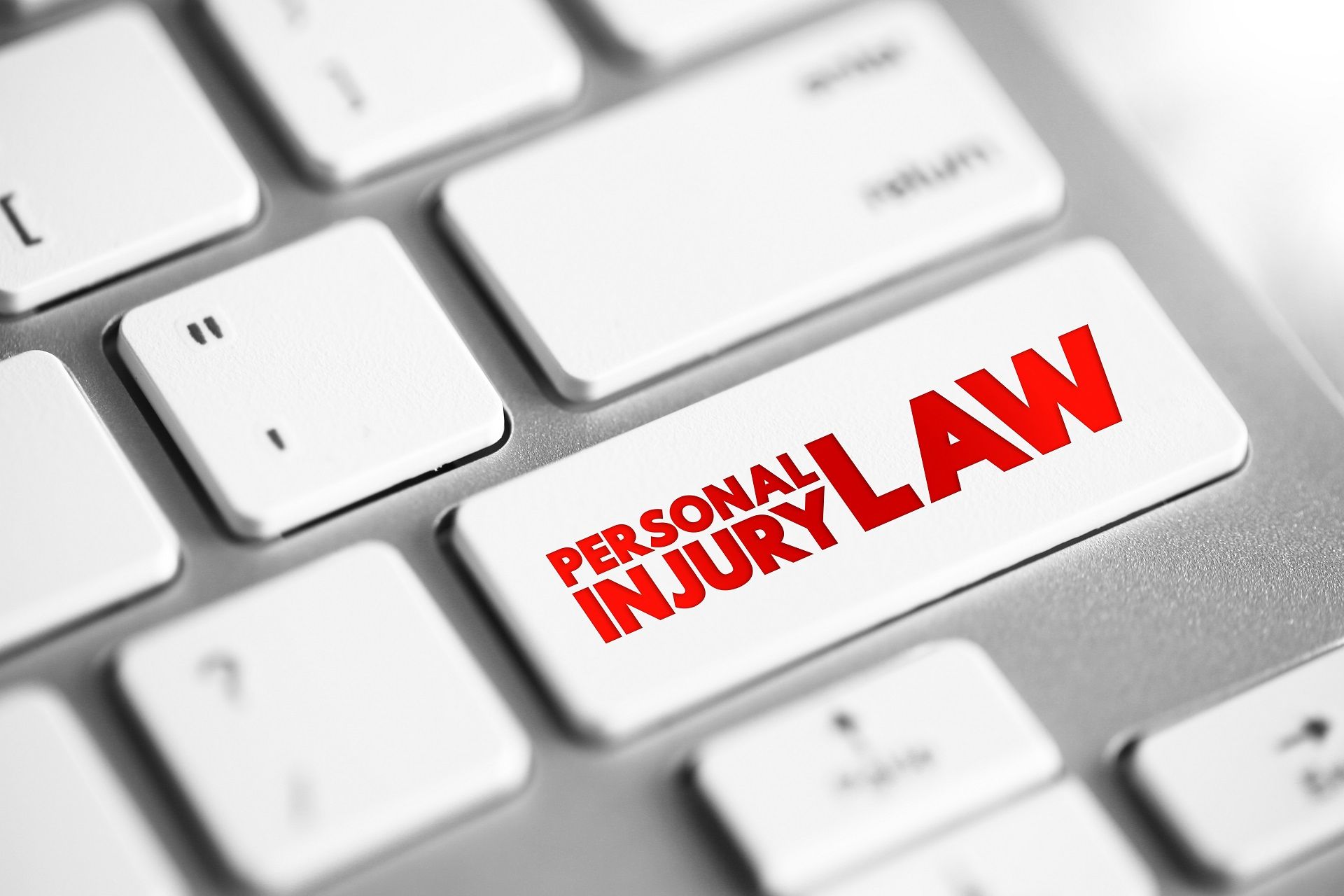Zoom Deposition - Is It Admissible In Court?

During the pandemic when everyone was struggling to retain a sense of relative normalcy, the practice of conducting a Zoom deposition became a common method used in legal proceedings.
However, even though recording it became as simple as pressing a button, the issue regarding the admissibility of these recordings in court became a concern. As a result, new precedents were made that address video conferencing platforms.
This is why you should be familiar with the law requirements for recording a Zoom deposition.
Let’s break down the technical and legal requirements surrounding virtual depositions and how the judges viewed these recordings in different court cases.
What Does The Law Say?
While no rules are pointing directly to using video conferencing software, there are rules for capturing a video record of a deposition that apply to a Zoom deposition.
According to the Federal Rules of Civil Procedure and Rule 28 and Rule 30 that relate to depositions by oral examination, the requirements for video recording include:
1. The demeanor and appearance of both the attorney and the deponents cannot be distorted in the recording.
2. A neutral individual must administer the oath.
3. There shouldn’t be a doubt whether the video recording has been tampered with or edited by either of the parties.
4. The recording must accurately reflect the testimony of the witness.
5. The process must retain the integrity of the deposition.
Additionally, the requirements from these rules state that the video recording of the deposition has to be certified before it can be used in court. Attorneys cannot record depositions since this has to be done by qualified individuals, such as professionally trained legal videographers.
These individuals need to have certification and experience in recording legal video and ensure that the proper precautions are taken. This includes utilizing professional equipment for filming.
Furthermore, these videographers usually set up multiple cameras and microphones to produce a clear audio recording and image. It’s important to frame the witness properly so their head and shoulders are visible and to try different setups to get rid of any distractions in the background of the scene.
The court may allow the video to be edited, according to a specific designation to ensure the testimony is concise and doesn’t include interruptions or pauses. On the other hand, the court might also prohibit cutting any portions of the footage to keep the original form of the deposition.
The Court’s Perspective On A Zoom Deposition
Different US courts have different approaches regarding this question. Still, a prominent example of the Zoom deposition being inadmissible is the Alcorn v City of Chicago case.
The court held a firm position that a video recording can only be used at a trial as evidence or a summary action if it was certified by a designated and disinterested persona. Without such certification, capturing depositions with video conferencing technology is inadmissible.
What occurred was that the attorney for the plaintiff made a request to use a video of an uncertified Zoom deposition in support of the summary motion which the judge denied. The court cited Rule 30 in its ruling.
According to the judge, the court reporter’s certification of the transcript of the Zoom deposition wasn’t enough to assure the integrity of the videoconference.
Even prior to the case and the pandemic, most courts held against using the party’s counsel’s own video recording of the deposition because it’s not a certified copy produced by an authorized officer.
Additionally, a remote video capture may distract juries and prejudice parties in different ways with the depiction of the attorneys.
For example, the jury can see the attorney’s private home space and see their taste in books, their family photos, pets, and such. According to the court, this all presents an unnecessary distraction.
The judge in the Alcorn v City of Chicago case also noted that the Speaker view feature of video conferencing software is inadequate since witnesses and
lawyers often speak over each other, as well as that the amount of screen flipping is excessive and disorienting.
Consequently, it means that attorneys may capture the deposition but only for their own use as it doesn’t count as admissible evidence for a trial. To be admissible, the recording has to be done by an independent videographer through adherence to the rules.
If those criteria are not met, there is a high probability that the certified transcript will be the only part of the deposition that is admissible.
The Technical Issues
The Alcorn v City of Chicago was a case where most of the technical challenges inherent to the virtual type of deposition were discovered. This includes the aforementioned distractions from the attorney’s premises in the Gallery view and the Speaker view where screen flipping occurs. Additionally, if the chat is enabled, the messages of the attorneys might be recorded during the process.
The solution to this problem is using the Spotlight function to ensure that the camera stays focused on the witness during the entirety of the deposition. Still, retaining a videographer to administer and certify that the video recording satisfies the requirements of the Federal Rules is still the best way to circumvent the issues.
The Road Ahead
While the court’s stance in the Alcorn v City of Chicago case makes a good point about the challenges of admission of a Zoom deposition and its clash with the established court rules, there is a question of whether the rules can be changed.
Technology is changing and it’s slowly getting introduced into the legal world. Some of the rules should be amended to keep in line with the changes in the way legal proceedings occur.
As argued in the aforementioned Alcorn case, a certified transcript is a tool that can be used to prove the video record reflects the testimony from the Zoom deposition. The camera could also be fixed on the deponent, which would solve the issue of attorney premises being visible.
Finally, the role of the court reporter is crucial and they should note when the record starts, any breaks and end times, and ensure that irrelevant conversation isn’t present in the video record.
While the pandemic has been put under control, remote legal proceedings are still helpful and are usually the most convenient and cost-effective way to take depositions. At the moment, a Zoom deposition doesn’t meet the requirements of Rule 30, so attorneys have to accept that their video record of the deposition won’t be admissible in court unless they schedule a videographer to record and oversee the deposition.
RECENT POSTS
CONTACT US
We will get back to you as soon as possible.
Please try again later.
Evaluation Request
Contact Us
We will get back to you as soon as possible.
Please try again later.
Contact
Contact Us
We will get back to you as soon as possible.
Please try again later.
All Rights Reserved.
This website is managed by Oamii.







